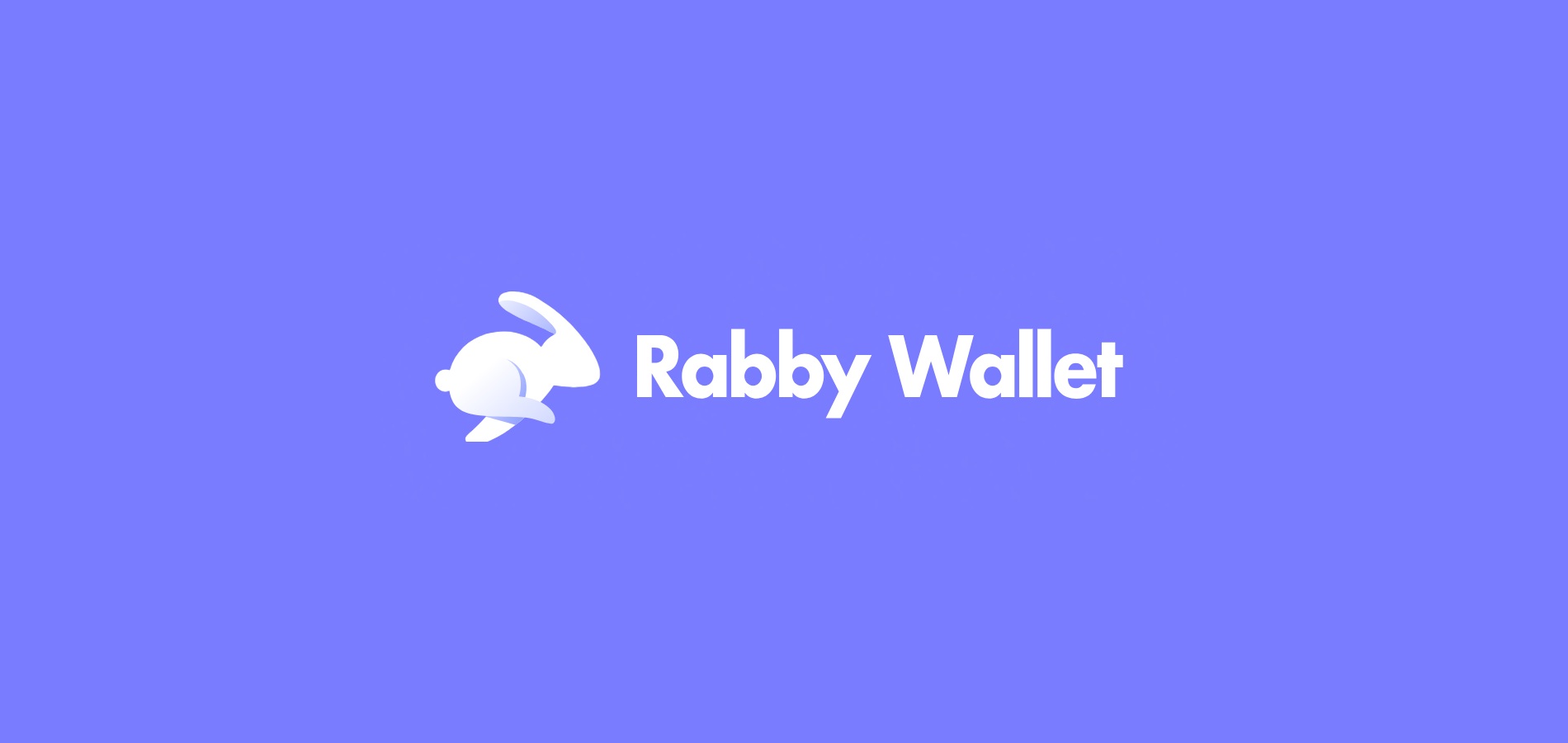Ever stumbled trying to juggle multiple wallets across different blockchains? Yeah, me too. It’s like spinning plates, except some plates might just shatter if you’re not quick enough. Seriously, DeFi users have been craving a smoother way to manage assets without hopping from one browser extension to another. The whole multi-chain wallet extension idea has been buzzing, but here’s what bugs me—most options feel either clunky or insecure.
So, I dove deep into this space, and wow, the landscape is shifting. Initially, I thought it was all hype around interoperability, but then I realized the real win is in how these wallets handle liquidity mining across chains seamlessly, without the usual friction. It’s not just about convenience; it’s about unlocking new yield opportunities that were previously complicated to access.
Let me put it this way: managing liquidity pools on Ethereum, Binance Smart Chain, and Polygon simultaneously used to feel like wrestling a dozen cats. Now, with a solid multi-chain wallet extension, you’re basically herding them with one hand—effortlessly. Something felt off about the old methods because they forced you into fragmented user experiences, which often led to missed chances or, worse, costly mistakes.
Okay, so check this out—there’s this browser extension that’s been making waves called Rabby Wallet. It’s designed specifically for multi-chain users who want to dive into liquidity mining without the usual headaches. I wasn’t sure at first, but after tinkering with it, I noticed how it streamlines transaction approvals and reduces gas fee surprises, which is a very very important plus in DeFi.
Here’s the thing. When you’re farming liquidity, timing and precision are everything. A delayed approval or an unexpected gas spike can tank your returns. Rabby Wallet’s interface is intuitive yet powerful, letting you track your positions across chains from one spot. It’s almost like having a DeFi command center built right into your browser.

Why Multi-Chain Matters for Liquidity Miners
Liquidity mining isn’t just about staking tokens anymore; it’s evolved into a multi-chain, multi-protocol dance. You might start on one chain, but lucrative pools often live elsewhere. Jumping between wallets means you risk losing track or mismanaging assets. My instinct said that a truly integrated solution would have to be more than just a wallet—it has to be a DeFi navigator.
Initially, I thought a multi-chain wallet simply needed to support multiple blockchains, but actually, wait—let me rephrase that—it has to do so while maintaining security and speed without overwhelming the user. On one hand, you want granular control over each chain’s nuances; though actually, the wallet should abstract complexity where it can, so users don’t drown in settings.
What surprised me was how Rabby Wallet tackles this balance. It offers features like built-in token swaps and transaction batching that save time and gas costs, especially when you’re juggling liquidity mining strategies that span several chains. And honestly, I’ve seen too many extensions promise this and fall short, either with buggy interfaces or poor multi-chain support.
And oh, by the way, the extension keeps your private keys locally encrypted and never exposes them to external servers, which is crucial. I’m biased, but security is non-negotiable, especially when you’re putting real capital into unpredictable DeFi protocols.
Something else worth mentioning—the wallet’s design encourages users to review every transaction with clear prompts, reducing the risk of falling for phishing or scam contracts. For DeFi veterans and newbies alike, that’s a very very important feature that often gets overlooked.
Personal Experience: From Frustration to Flow
I’ll be honest, I remember my first week experimenting with liquidity mining across chains—it was a mess. I had MetaMask for Ethereum, another wallet for BSC, and a third for Polygon. Switching browser profiles, copying addresses, and cross-checking balances? Ugh, no fun at all.
Then, when I stumbled upon https://sites.google.com/rabby-wallet-extension.com/rabby-wallet-extension/, something clicked. The setup was straightforward, and the multi-chain support was robust. I could approve transactions quickly without constantly switching wallets or browsers. Honestly, that relief was palpable.
However, it’s not perfect. Sometimes the syncing between chains isn’t instantaneous, causing a brief lag in balance updates. It’s a minor hiccup, but when you’re racing to catch a liquidity mining window, every second matters. Still, the overall experience is miles ahead of the fragmented setups I struggled with before.
One moment that stood out was when I was adding liquidity to a new pool on Polygon while monitoring my BSC farms simultaneously. The extension handled it gracefully, prompting me for approvals in an orderly fashion without overwhelming pop-ups. That kind of workflow support is rare and very very helpful.
So, if you’re a DeFi user hunting for a multi-chain wallet extension that genuinely understands liquidity mining’s demands, this definitely deserves a look. The devil’s in the details, and Rabby Wallet nails several of those details.
Looking Ahead: Multi-Chain Wallets as DeFi Hubs
As DeFi protocols multiply and cross-chain bridges become commonplace, wallets like Rabby are poised to become more than just storage tools. They’re evolving into command hubs where you manage, analyze, and optimize your entire DeFi portfolio in real time. This evolution, though still in its infancy, could redefine how we engage with decentralized finance.
I’m not 100% sure where things will land, but the trends suggest a future where multi-chain wallets integrate advanced analytics and automated yield strategies directly within the extension. That means less hopping around different apps and more strategic farming from one place.
Wow! That’s a game-changer if it happens. But it also raises questions about centralization risks and how wallet developers will balance user control with convenience. The community will have to stay vigilant.
Anyway, for now, dipping your toes into multi-chain liquidity mining with a solid wallet extension is a smart move. It’s still a wild west out there, but having a reliable multi-chain wallet can make your journey a whole lot smoother.
Frequently Asked Questions
What makes Rabby Wallet different from other multi-chain wallets?
Rabby Wallet focuses on user-friendly multi-chain support with features tailored for DeFi activities like liquidity mining, including transaction batching, built-in swaps, and enhanced security prompts. It balances control and simplicity better than many competitors.
Is it safe to use multi-chain wallet extensions for liquidity mining?
While no tool is infallible, reputable extensions like Rabby Wallet offer strong local key encryption and transaction verification prompts that reduce risks. Still, users should practice caution and keep their devices secure.
Can I manage liquidity pools across Ethereum, BSC, and Polygon simultaneously?
Yes, multi-chain wallet extensions are designed exactly for this. They allow you to switch networks quickly within the same interface and manage liquidity mining positions across supported blockchains seamlessly.

